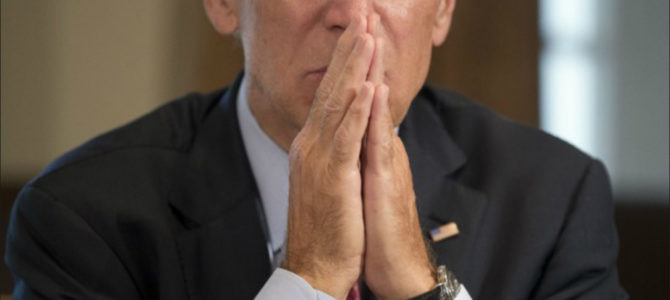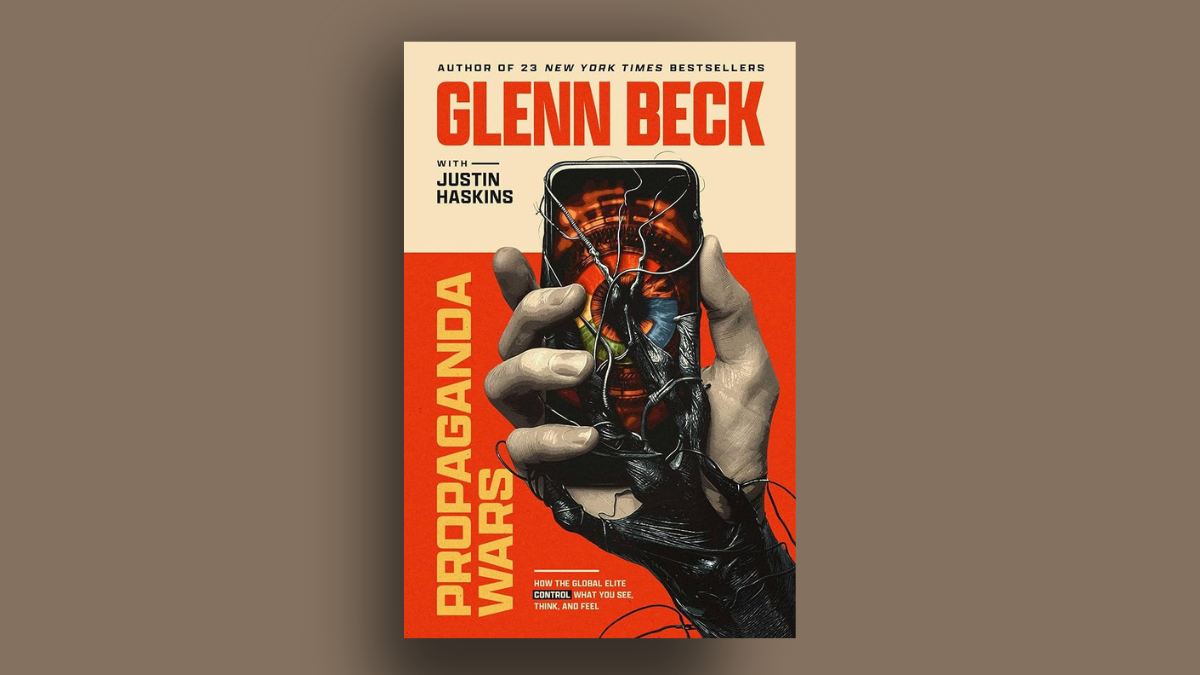A curious thing happens to Democrats after they leave the presidency. The shine seems to dull from their pennies quite quickly. While Republicans still revere Ronald Reagan decades after his administration, Bill Clinton is viewed by many on the left with scorn. This is not merely a result of his sexual peccadillos, but also a function of how fast the Democratic Party changes. From NAFTA to criminal justice and welfare reform, Clinton’s reign is now largely viewed as regressive and deeply flawed.
As the 2020 Democratic primary comes into full swing it will not be Clinton’s legacy that is tested, but Barack Obama’s. This week, the candidate most closely tied to that presidency will (likely) officially enter the race. If Joe Biden is to be successful, if he is to stave off the forces of socialism and far-left farcical policies like the Green New Deal, he must do so first and foremost by defending the man he served under as vice president. But are the Democrats still the party of Barack Obama?
One clue we can look at is Obama’s signature achievement, the Affordable Care Act, which Biden once famously described as a “big f-ckin’ deal.” But so far in the 2020 primary, the ACA has not exactly been heralded. In fact, many of the candidates seem to want to basically scrap it in favor of a single-payer or Medicare for All system. Less than a decade after it scraped through Congress with nary a Republican vote, Obamacare is now assailed on both sides. Is Biden in a position to defend it?
On the economy, Biden will be facing, especially in regard to his most serious challenger, Bernie Sanders, a left-flank movement that dares even to use the term socialist. Obama was many things, but socialist was not among them. Rather, Obama was more of a Clintonian neoliberal, fond of trade deals and more interested in growth than income inequality. It is important to remember that in 2011, during Occupy Wall Street, Obama himself was often derided as a puppet of the 1 percent.
By the standards of his time in office, it would be wrong to call Obama a moderate. He did, after all, run to the left of Hillary Clinton in 2008. But by today’s standards, it would be wrong not to call him a moderate. This became obvious last month when Democratic leadership in the House of Representatives invited Obama to come and talk to the rebellious House freshmen who are body-checking the party to the far-left. Obama reminded them that while their aspirational goals were laudable, it’s important to discuss things like how you actually pay for stuff.
But so far in the 2020 race the zeitgeist seems not to be with Nancy Pelosi, Steny Hoyer, and Obama, but rather with Alexandria Ocasio-Cortez, Ilhan Omar (who actually took a direct swipe at Obama), and Rashida Tlaib. As my colleague David Harsanyi has pointed out, the election has, for Democrats, become an “arms race in crazy.” Instead of talking about jobs and wages, they are talking about letting convicted terrorists vote.
All of this might help to explain why Biden bided his time. As he patiently waited, allowing silly accusations of inappropriate touching to boil over, then simmer and cool, he watched his opponents isolate themselves on issues that play well to the progressive base, but scare off a lot of Democrats who don’t identify as woke socialists — which, frankly, is the vast majority of Democrats.
Now that he has entered the race there is for the first time a solid and established moderate lane. The Obama wing of the party finally has a candidate. He may be joined in that lane by Beto O’Rourke or Pete Buttigieg, both of whom have been a little reticent to go full-out progressive crazy. What is now shaping up is the fight for the soul of the Democratic Party that we all knew was coming. In a very real sense, the Democratic primary begins with Biden’s announcement.
The Democratic Party, as the old saying goes, is like a shark: it must move forward to survive. Its heroes are short-lived, and often buried under the bus of progress. If Biden is to be the nominee and perhaps become president, it will be by defending the record of Obama’s administration.
But does Obama still represent hope and change for the Democratic Party? Or like Bill Clinton, will his moderation be held against him? For Biden, that question will determine the success of his campaign; for the Democratic Party, that question will determine their very identity.









